THE RUSSIANS ARE COMING
From Blintzes to Broadway
The Russians Are Coming
From Blintzes to Broadway
Before we dive into our blintzes served with history, geography, tales of transformational theater and who know’s what else, in plentiful portions, with dollops of sour cream, let’s pause for a short ACTING HUMAN review with key reminders and expansions in our understanding of ACTING HUMAN.
Whaddaya say? Yes and - OK, here we go.
We’re here to learn. To create. To develop a dynamic practice called ACTING HUMAN that’s meant to open us, in body, heart and soul, to abundant creativity and active learning so that we can live a sensational life, alive everyday in every way .
To live life alive.
To realize in our lives what Joseph Campbell recognized in folk stories recounted through all ages, in all places, and in all cultures. Stories that show us that what we truly want is an authentic “experience of aliveness.”
We want to sense ourselves fully alive.
ACTING HUMAN IS NEW AND INNOVATIVE
I am not the first to explore the relationship between acting and life. However, ACTING HUMAN fosters a new and uncommon intention, and it draws extensively on eclectic sources in all wisdom traditions, all the arts, all the sciences, and a wide range of humanities. We’re going to skip “Ulysses” so we don’t have to bullshit each other about reading Joyce.
ACTING HUMAN is the first teaching that sees acting in an unlimited way intended to transform each and all of us every day in all ways.
We intend to continuously create humanity anew.
When actors study acting for the purpose of performance on stage and screen, there is a widely accepted analogy of the physical actor to a musical instrument as part of the ‘training.’
Actors are taught that they are their instrument. It is a useful analogy as it suggests the necessity of practice. There are etudes, scales, prescribed techniques both basic and unique to the individual instrument that require conscientious focus and repetition if the player has any hope of someday playing their instrument with consistent results.
‘Training’ is a word I eschew in this context. We’ll say MUCH more on the use of words and analogy, distinction and discernment. I PROMISE these ideas will gets lots of attention as we forge our way toward creative truth together.
Note: I do admire a well trained dog. And I strongly recommend anyone who has a dog avail themselves of the best possible training for the wellbeing of the dog and everyone else. I love dogs. In some circles I’m known as Big Dog. (Story to follow.)
For clarity, while I find actor ‘training’ anathema, and the analogy to a material instrument strained, ACTING HUMAN wholeheartedly embraces music.
We are made of and have evolved in music. Music is our core story, our vibrational truth. All that lives expresses as music.
As a child I learned to breathe music and in time came to see that the practice involved in playing the trumpet was inspirational (breathing is fundamental), in ways that fueled vibrant life.
Others have used acting as the basis for self-help and how to succeed books.
THE seminal self-help and guide to success tome was written by an actor, a graduate of The American Academy of Dramatic Arts, who after graduation couldn’t sustain a life in the theater. Dale Carnegie, in 1936, wrote “How To Win Friends and Influence People.” It became a bestseller and remains popular today.
Launched as a writer, lecturer, and the developer of courses in self-improvement, salesmanship, corporate training, public speaking, and interpersonal skills, Carnegie, who was born into poverty on a farm, accumulated a truck load of money and enduring fame.
His book is still in print; Dale Carnegie courses and trainings are going gangbusters.
The variations on what Carnegie popularized is mind boggling. Many books and gatherings help readers and workshop participants to achieve their advertised goals. Acting when used to achieve preconceived goals can inculcate a long list of valuable qualities that lead to practical skills and strategies.
ACTING HUMAN takes acting process to new depths and heights. Our practice includes a more or less what a conservatory study of acting comprises with all its benefits, though our approach extends well beyond performance goals and what is typically recognized as success.
Even in the face of traditional success, should it befall you, and it well might, the intention of our practice is to slip the bonds of identity and constriction that commonly accompany success, to urge ongoing co-creation of selves, using skillful means to free ourselves of limited identity and to live life alive in service of each other in a humane universe flowing with endless possibilities and an overflow of love.
To act human moves us to live outside personal limits, beyond the boundaries of conditioned ‘self.’
We will learn to see all questions as versions of "who am I?" This is essential as our practice roots in observations, experiences and responses that filter through our perceived identity.
Prior to practice, who we think we are arises from habit energy. Me (self) presents as an unnoticed pattern of conditioned responses to familiar stimuli. Absent keen attention we 'mistake' that pattern for an identity ("I yam what I yam") to which we cling like spinach does to our teeth. We grasp tightly as if it were a matter of life and death. Perversely, we choke aliveness out of our life.
ACTING HUMAN connects our imagination to self creation using practiced and skillful means in an intentional way.
“All meaningful and lasting change starts first in your imagination and then works its way out. Imagination is more important than knowledge.” ~Albert Einstein
We learn as we embrace ACTING HUMAN practice, we learn to imagine vividly, to truly live life alive as a sensational constellation of mutually arising phenomena, not simply as a concept or idea, as a series of thoughts. We feel life as more than knowledge about this or that part of life. Intention and co-creation run together, they form a unity that lights our Universal Theater.
ACTING HUMAN, as practice organically integrated in daily life by paying skillful attention, creates energy and satisfaction without resort to the temporary rushes that comeswith achievement of predetermined goals .
We learn to lose ourselves to find ourselves.
When lost, immediate awareness pulses within and without as we practice ACTING HUMAN, giving rise to sensational experience. We see ourselves seeing ourselves in consciousness without self consciousness.
"Acting is the life of the human soul receiving its birth through art." ~Richard Boleslavsky
We feel life come alive. Pulsing. When we practice living life alive, we break free of tightly held patterns that limit us. Our emerging stories surprise us, we flourish with ease and joy.
How Did We Get Here?
We started in caves. Shamans were the writer/actors, the storytellers. Their incantations and performances warned of dangers and promised safety in community. They wore costumes.
So, theater stuff goes way, way back, all the way to our days and nights in the Stoned [sic] age. Some of my best times EVUH!
My best friend was a guy named Mel. We lived in the same neighborhood. Just a few caves apart. We grew up together.
He was jaunty, jolly, a peppy kind of boy. That’s peppy - not misspelled. We had no preppy guys, girls, or theys in our world. It was tough in the cave-hood.
I enjoyed brisk strolls with Mel. Usually in the evening after a day of foraging. Sometimes we’d trip over vines on the ground and laugh till we peed our loin cloths. One time after dark, when night happens, we saw fire for the first time. Mel yelled FIRE!!!
Not in a theater. Thank our lucky stars.
We saw all kinds of crazy things for the first time.
It was the PRE-ALMOST EVERYTHING AGE.
With benefit of hindsight and modern science, I NOW know that some of what we saw might have been caused by what we ate. Funny food. Strange chunks of tree bark. Giant fruits with rainbow colored skins.
Once in a great while, very rarely, only because they were hard to find, we nibbled on the toenails of dead Mammoths. So tasty, we couldn’t get enough.
It was a magical time. Mel, me, and Mammoth morsels.
Full Speed Ahead
Hold on tight now, we’re going to travel at light speed. If you blink you’ll miss the Trojan War. It will appear as a mere smear of blood.
Next stop Greece. The Greek Empire was a big deal.
Theater took huge leaps there, far beyond what we had in the caves.
Performances took place in grand outdoor edifices which sat large audiences. By 400 BCE, Greek theater found elaborate forms. Drama, consisting of tragedy and comedy was on offer. Greeks went to the theater often. There was no competition from movies and television.
Playwrights like Aeschylus, Sophocles, and Euripides wrote tragedies that dealt with serious themes like fate, morality, and the human condition. Comedies, like those by Aristophanes, satirized social and political issues. His “Frogs” was a laugh riot.
Sometime around 300BC Aristotle wrote the first book of theatrical storytelling advice, which is included in his “Poetics.” It holds up brilliantly. If you want to write plays, screenplays or teleplays I recommend you read it as soon as you clear your tables, fold your apron, and cash out.
Every how-to write any kind of script stands on Aristotle’s shoulders. Thankfully, Aristotles brother, Stavros, was a legit chiropractor. Not just a supplement peddler.
In Greek theater, actors wore masks, with megaphones built in, to portray the ‘characters.’ Actors often played multiple roles, performing stylized movements and gestures to show emotions and get the story over to the audience.
The masks were called Personas. Hence, our current use of personality and the notion that we cover with masks to hide the our true selves, the actors behind the stage characters as if play-acting in Ancient Greece.
Zoom Zooming Zoomed all the way to Rome
Can we stop for pizza? Please. PLEEEEEEZ!
Shudupa you mouth. We’re late. Always with the mange, mange, mange. Whatsa matter for you?
Roman Theater picked up where the Greeks left off.
While theatrical events shape-shifted from the earliest bare-boned performances of traveling troupes roaming the Italian Peninsula to more elaborately staged productions at Festivals, it wasn’t until the notable period that crossed from the 1st Century BC to the Third Century AD, when plays alternated with free spectacles, that Roman theater took on a particularly disturbing character. The spectacles in particular served as salves for the often unsettled and rowdy citizenry. Turbulent times.
Plays were adaptations of Greek classics along with original Roman works, both tragedy and comedy. Mostly comedy to alternate with the outsized and vulgar spectacles. Lions gnawing on “actors” and Gladiator drew huge crowds to the Amphitheater.
The vaunted playwrights of the time composed primarily comedies. Notably, Titus Plautus and Terence. Their work, and only their work, survives until today.
By the first century CE, the performance of both tragedies and comedies were rare to nil. The people of ancient Rome demanded, almost exclusively, spectacular forms of entertainment.
The Roman theatre presented large-scale spectacles with hundreds of participants: dancers, acrobats, musicians, and actors. It was circus-like, often featuring wild animals. Chariot races were also big.
Popular theatricals during the Imperial period, when the wild animals got time off, were most often pantomimes with strong sexual connotations.
Crude entertainments alienated educated elites, who scorned the theater, rejecting the vulgarity.
This sort of entertainment, nevertheless, drew large audiences. Accordingly, the Emperor juiced theatrical entertainment with unstinting, lavish support.
Unlike the Greeks who adored actors and treated them with utmost respect, actors in Rome, both slaves and “free citizens,” were treated with contempt, often seen as if criminals and prostitutes. At least they didn’t have to wait tables.
Closing time. We’re running late and long, and the Russians still haven’t arrived. The Godfather segues to Godfather, Part Two. If Coppola did it so shall I. Can’t imagine a more sterling model for storytelling.
The Russians are Coming, Part Two up next.
Hold onto your blintzes.
A Part Two Trailer of Sorts
I reunite with Mel, my best friend from cave days, when he meets, falls in love with, and eventually marries another friend of mine from a new time and neighborhood, in The Bronx.
My father’s best friend, Frank DiNapoli lived directly across the hall from us, we lived in 3C. Frank, with his wife Margie, daughters Anne Marie, Joanne, and Peggy lived in 3A.
Frank had three sisters, being the eldest sibling and male, he was the man, so nearly everything of a family kind happened within ten feet of my door.
All of of his sisters lived in the neighborhood, two of them, Marge and Lucille, in our very buildings which were connected around a courtyard.
His other sister, Mildred, lived just a few blocks away. She married Mike Italiano. Mildred and Mike begot among their three girls, the beautiful Anne, who entered about 14 years before I was born.
She was the first older woman in my life. There was never a time in memory when I didn’t know the warmth, generosity, and beauty of Anne Italiano.
She, being Frank’s niece, was regularly near. Anne doted on me for years before Mel reentered the picture. He never got over this news. When he’s not busy creating hilarity he can be a jealous and petty man. Nobody’s perfect.
She became not only an actor, but a Method actor, forsaking her surname, Italiano, to use the stage name Anne Bancroft. My mishugna pal from the caves became Mel Brooks. Whudda thunk?
Anne was not the only older woman and Method actor in my young life. There was also Marilyn, with whom I had a meaningful though mostly phone based relationship, which went unrevealed in the last ACTING HUMAN dispatch for no good reason. We have nothing to hide.
Can I help it if I was irresistibly cute and a good listener?
Was?? Still??? Hmmm, let me sleep on it.
See ‘ya on Wednesday for Part Two, Until then..
Lights up!




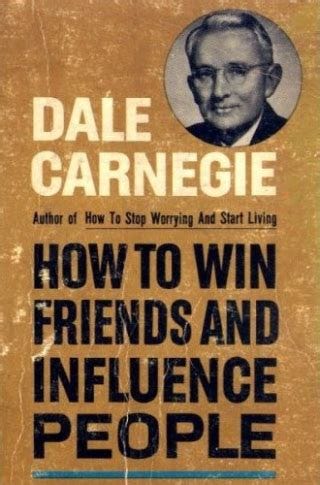
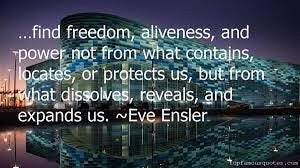
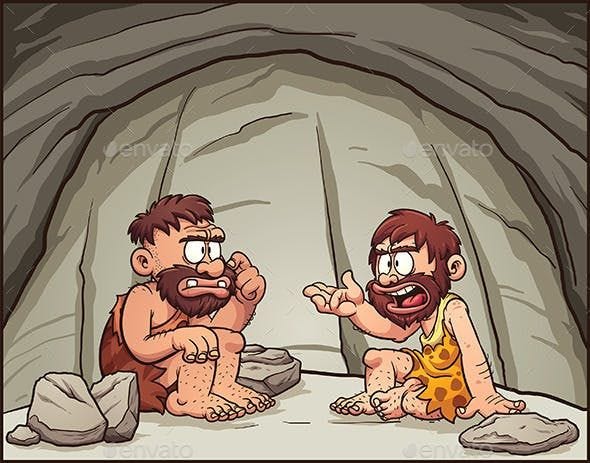



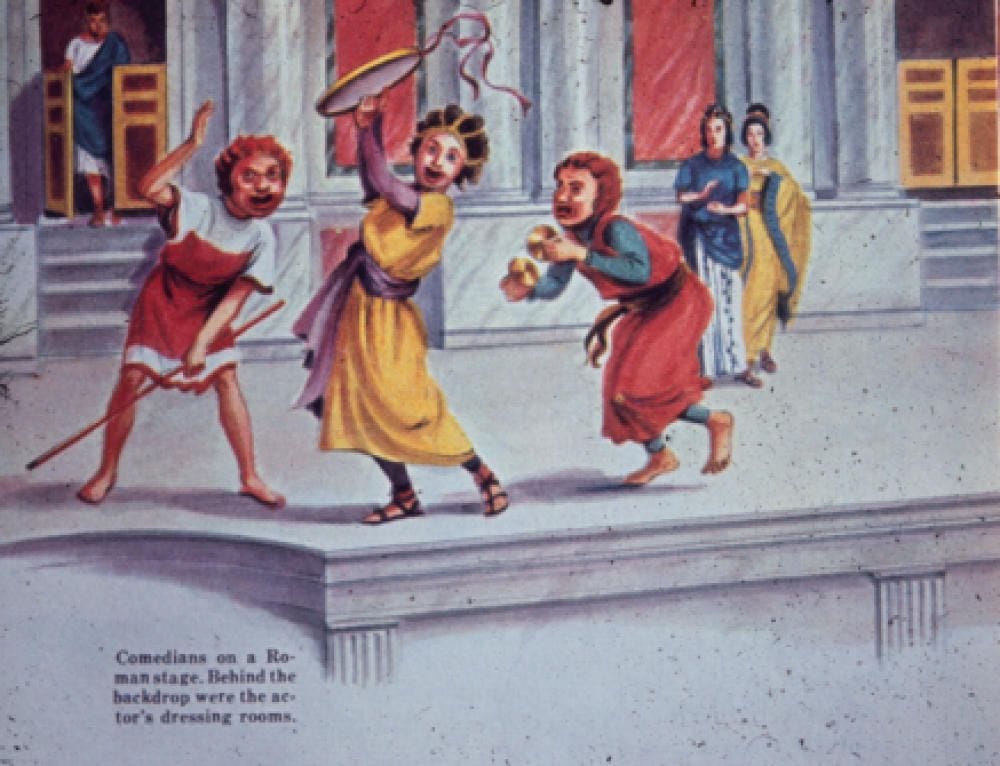
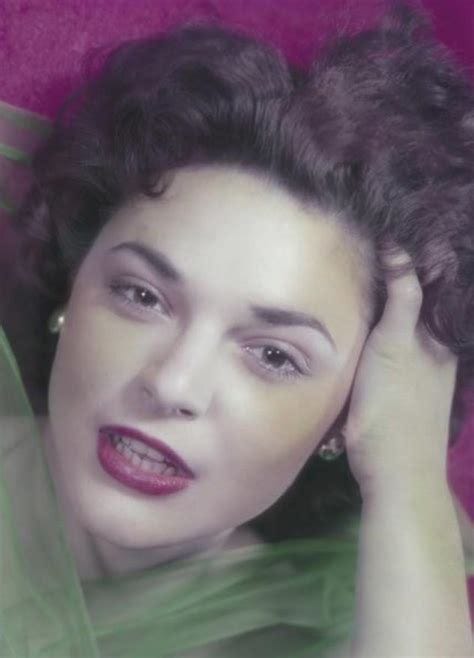
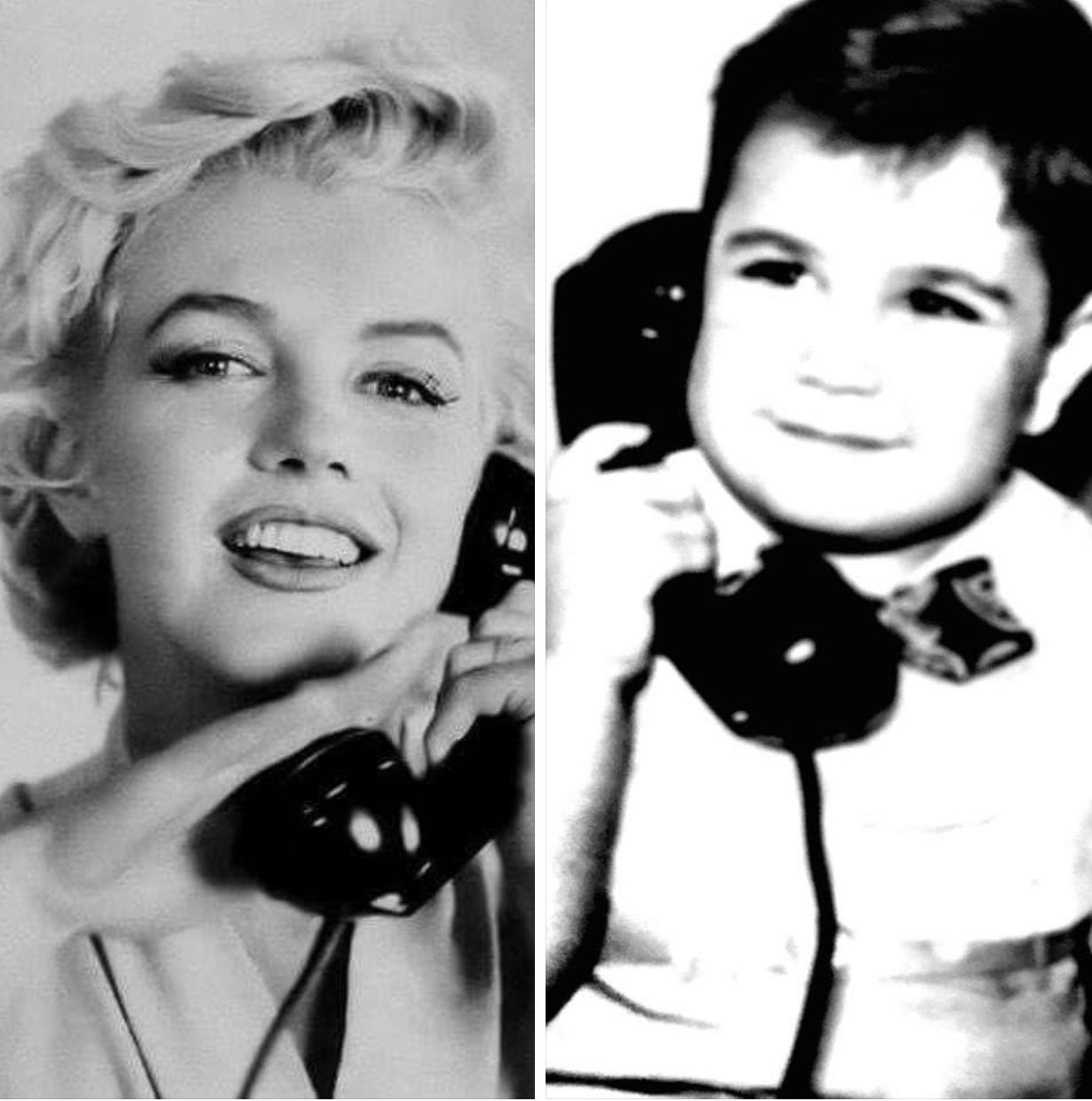
Mangia, mangia, mangia...
Mangia, mangia, mangia...